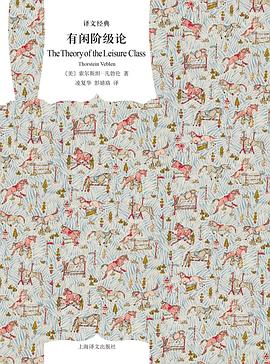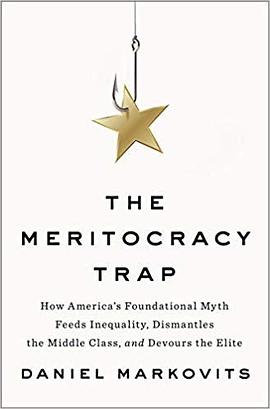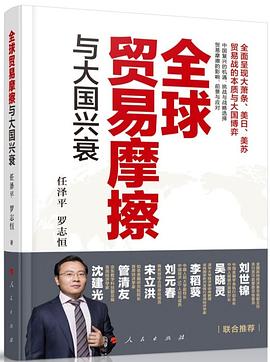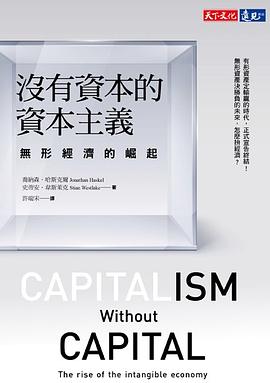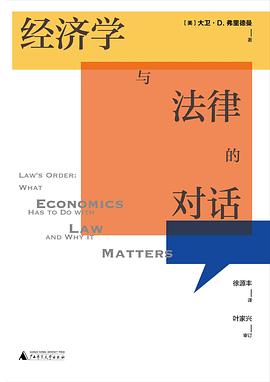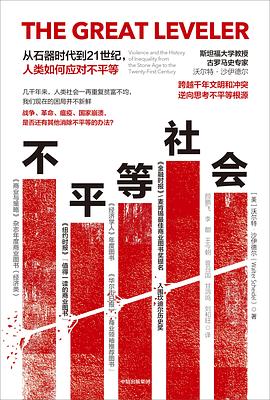
Narrative Economics 下载 mobi epub pdf 电子书 2025
简体网页||繁体网页
下载链接1
下载链接2
下载链接3
发表于2025-05-24
图书介绍
相关图书
图书描述
Robert J. Shiller is a Nobel Prizeâ€"winning economist, the author of the New York Times bestseller Irrational Exuberance, and the coauthor, with George A. Akerlof, of Phishing for Phools and Animal Spirits, among other books (all Princeton). He is Sterling Professor of Economics at Yale University and a regular contributor to the New York Times. He lives in New Haven, Connecticut. Twitter @RobertJShiller
From Nobel Prizeâ€"winning economist and New York Times bestselling author Robert Shiller, a new way to think about how popular stories help drive economic events
In a world in which internet troll farms attempt to influence foreign elections, can we afford to ignore the power of viral stories to affect economies? In this groundbreaking book, Nobel Prizeâ€"winning economist and New York Times bestselling author Robert Shiller offers a new way to think about the economy and economic change. Using a rich array of historical examples and data, Shiller argues that studying popular stories that affect individual and collective economic behaviorâ€"what he calls "narrative economics"â€"has the potential to vastly improve our ability to predict, prepare for, and lessen the damage of financial crises, recessions, depressions, and other major economic events.
Spread through the public in the form of popular stories, ideas can go viral and move marketsâ€"whether it's the belief that tech stocks can only go up, that housing prices never fall, or that some firms are too big to fail. Whether true or false, stories like theseâ€"transmitted by word of mouth, by the news media, and increasingly by social mediaâ€"drive the economy by driving our decisions about how and where to invest, how much to spend and save, and more. But despite the obvious importance of such stories, most economists have paid little attention to them. Narrative Economics sets out to change that by laying the foundation for a way of understanding how stories help propel economic events that have had led to war, mass unemployment, and increased inequality.
The stories people tellâ€"about economic confidence or panic, housing booms, the American dream, or Bitcoinâ€"affect economic outcomes. Narrative Economics explains how we can begin to take these stories seriously. The result may be Robert Shiller's most important book to date.
Narrative Economics mobi 下载 pdf 下载 pub 下载 txt 电子书 下载 2025
Narrative Economics 下载 mobi pdf epub txt 电子书 格式 2025
Narrative Economics 下载 mobi epub pdf 电子书用户评价
##想法其实挺简单,在传统经济理论中加入行为学因素。是个应景的理论,因为随着科技发展,消息的传播越来越快。一句话概括全书: thought viruses are responsible for many of the changes we observe in economic activities, and it's gonna come again, again and again. 这本书写得不咋的,但充分激发了我学习病理学等自然科学的热情。感觉未来传统学科的第二春也只能来自跨学科交融的突变(mutation)了。以及,得流量者得天下啊。
评分 评分##对1929~1933 年的美国叙事不感兴趣 对美国 1850~1980年的经历没兴趣 个人阅历只对2000年后的叙事感兴趣 我理解的 “叙事经济学” = 口碑营销 营销炒作这事儿 互联网运营岂不是手到擒来 总结得核心思想 “叙事可以理解为讲故事,这个故事如何打动人,深入人心,甚至在几百年后...
评分 评分 评分 评分##传统的经济学建立在一个假设前提的基础上: 所有的人都是理性的,然而现实并非如此。越来越多的经济学家在关注其他因素对经济的影响。叙事对经济一定是有影响的,不过要做叙事经济学的研究有很多还未解决的问题,我能想到的作者在书里最后一部分都提到了,比如很难证明和量化叙事和经济变化之间的因果或相关性,还没有找到非常科学的方法论,和同一经济问题相关的叙事纷繁复杂,有相似的有矛盾的,数据收集也是问题。作者在第三部分的九个章节里列举的几个典型叙事对经济的影响也是基于上述原因,欠缺了些说服力。不过提出这个概念是很有意义的。 此书原名《How Stories Go Viral & Drive Major Economic Events》,比高大上的中译本书名《叙事经济学》精准多了。从全书内容看,作者仅仅提出了一个认知轮廓,而根本没有完整的理论和模型。按照某位书友的评论,这书是抛了好大一块砖,但却几乎没有玉。这样还居然敢译为...
评分Narrative Economics mobi epub pdf txt 电子书 格式下载 2025
分享链接
相关图书
-
 有闲阶级论 mobi epub pdf txt 电子书 格式 下载
有闲阶级论 mobi epub pdf txt 电子书 格式 下载 -
 财务自由笔记 mobi epub pdf txt 电子书 格式 下载
财务自由笔记 mobi epub pdf txt 电子书 格式 下载 -
 The Meritocracy Trap mobi epub pdf txt 电子书 格式 下载
The Meritocracy Trap mobi epub pdf txt 电子书 格式 下载 -
 陆蓉行为金融学讲义 mobi epub pdf txt 电子书 格式 下载
陆蓉行为金融学讲义 mobi epub pdf txt 电子书 格式 下载 -
 现代经济增长导论 mobi epub pdf txt 电子书 格式 下载
现代经济增长导论 mobi epub pdf txt 电子书 格式 下载 -
 去依附 mobi epub pdf txt 电子书 格式 下载
去依附 mobi epub pdf txt 电子书 格式 下载 -
 经济解释(二O一九增订版) mobi epub pdf txt 电子书 格式 下载
经济解释(二O一九增订版) mobi epub pdf txt 电子书 格式 下载 -
 全球贸易摩擦与大国兴衰 mobi epub pdf txt 电子书 格式 下载
全球贸易摩擦与大国兴衰 mobi epub pdf txt 电子书 格式 下载 -
 当铁比黄金贵 mobi epub pdf txt 电子书 格式 下载
当铁比黄金贵 mobi epub pdf txt 电子书 格式 下载 -
 富爸爸穷爸爸本版随书附赠价值198元的“小白财商在线课程” mobi epub pdf txt 电子书 格式 下载
富爸爸穷爸爸本版随书附赠价值198元的“小白财商在线课程” mobi epub pdf txt 电子书 格式 下载 -
 一本书读懂财报(全新修订版) mobi epub pdf txt 电子书 格式 下载
一本书读懂财报(全新修订版) mobi epub pdf txt 电子书 格式 下载 -
 币制兴衰四百年 mobi epub pdf txt 电子书 格式 下载
币制兴衰四百年 mobi epub pdf txt 电子书 格式 下载 -
 银的故事 mobi epub pdf txt 电子书 格式 下载
银的故事 mobi epub pdf txt 电子书 格式 下载 -
 沒有資本的資本主義 mobi epub pdf txt 电子书 格式 下载
沒有資本的資本主義 mobi epub pdf txt 电子书 格式 下载 -
 清华韩秀云讲经济 mobi epub pdf txt 电子书 格式 下载
清华韩秀云讲经济 mobi epub pdf txt 电子书 格式 下载 -
 财富千年史 mobi epub pdf txt 电子书 格式 下载
财富千年史 mobi epub pdf txt 电子书 格式 下载 -
 中国为什么有前途(第3版) mobi epub pdf txt 电子书 格式 下载
中国为什么有前途(第3版) mobi epub pdf txt 电子书 格式 下载 -
 繁荣与衰退 mobi epub pdf txt 电子书 格式 下载
繁荣与衰退 mobi epub pdf txt 电子书 格式 下载 -
 经济学与法律的对话 mobi epub pdf txt 电子书 格式 下载
经济学与法律的对话 mobi epub pdf txt 电子书 格式 下载 -
 不平等社会 mobi epub pdf txt 电子书 格式 下载
不平等社会 mobi epub pdf txt 电子书 格式 下载




